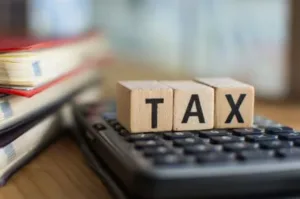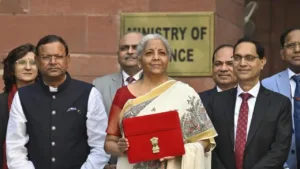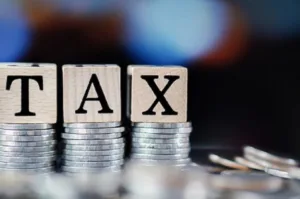Retirement Planning- Will you also retire from your job in a few days? Do you have enough money in the bank? If not, then today’s article is just for you. In today’s fast-paced life, retirement planning is important for everyone, especially for those who are in their 20s or 30s and are starting their financial journey.
Many people think that if they save Rs 1 crore by retirement, their life will be set. But the harsh reality is that holding on to old benchmarks in terms of money can be very harmful for your financial health, especially when inflation is gradually reducing the strength of your money. So, if you are planning to save Rs 1 crore 30 years from now, ask yourself an important question – will it still be worth the same as it is today?
What will be the real value of Rs 1 crore after 30 years?
Suppose you invest with discipline and manage to accumulate Rs 1 crore by the time you retire, i.e. around the age of 60. Sounds like a huge success, right? If inflation continues to grow at an average rate of 6% every year, then in the next 30 years the real value of Rs 1 crore will decrease to just Rs 17.4 lakh . Yes, the amount that can buy a mid-size car or pay for 2-3 years’ rent today, will be your entire retirement savings after 30 years – if you fail to plan.
Many of us have seen our parents or relatives retire with Rs 1 crore or less and thought that was enough. But remember – they are retiring today , you will after three decades . Your needs, expenses and standard of living will become more than three times more expensive. In such a situation, setting an estimated amount as your target without understanding the full calculation can prove to be a huge mistake.
What to do?
1. Keep inflation in mind in every financial goal
If today you think that Rs 1 crore is enough for retirement, then actually you should keep a target of Rs 3 to 4 crore. Update your retirement corpus every year according to the inflation rate of at least 6%.
2. Don’t just save, invest wisely
Fixed deposits or RDs will not create a retirement fund. You need investments that can give a return of 8% to 12% in the long term – like equity mutual funds, NPS or ETFs.
3. Understand the ‘real return’
If your investment is growing at 10% per annum but inflation is 6%, then in reality your earning is only 4%. It is very important to understand this difference, otherwise the money will appear big but will actually remain small.
4. Don’t forget to review every few years
Life changes – job, family, health, everything goes up and down. So, review your financial goals every 5-7 years and update them as needed.










